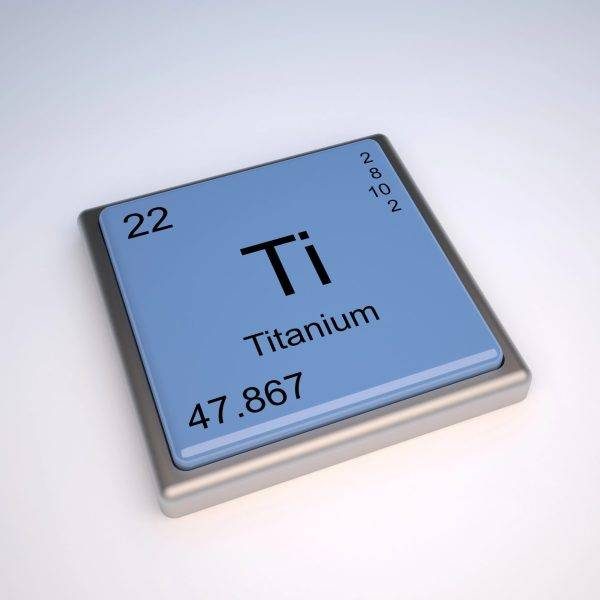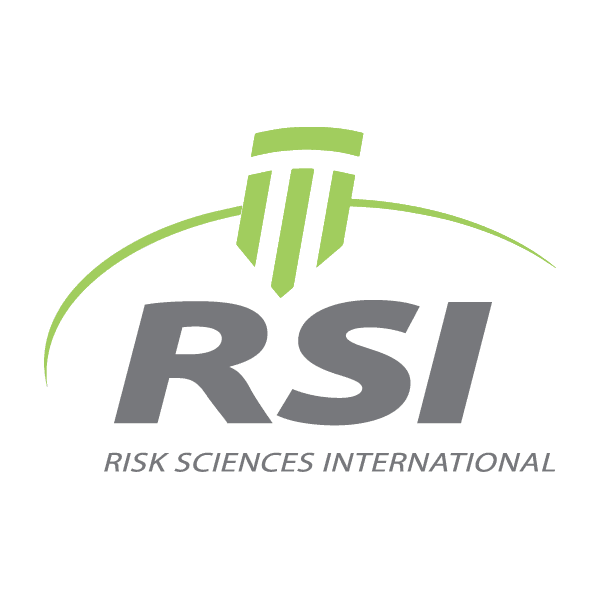Titanium is valued for its strength, light weight, and corrosion resistance, making it indispensable in aerospace, medical devices, construction, and consumer goods. While titanium itself is generally considered safe, its extraction, processing, and use in certain forms raise potential health and environmental risks. Occupational exposures to titanium dusts and nanoparticles, as well as environmental impacts from mining and production, are areas of ongoing scientific scrutiny.
The sector’s challenge lies in balancing the advantages of titanium with responsible risk management. Regulators must assess potential health effects of new applications, industries must ensure safe handling and manufacturing practices, and researchers continue to evaluate long-term effects of nanomaterials. Public concern typically centers on occupational safety, implant biocompatibility, and environmental impacts.
Risk sciences help clarify uncertainties by integrating toxicological studies, occupational exposure data, and environmental monitoring. They provide frameworks for setting safe exposure limits, evaluating emerging risks, and informing product stewardship. Clear communication ensures that stakeholders understand both the benefits and the limitations of current evidence.
RSI is committed to supporting safe and sustainable titanium use, offering the expertise and experience needed to guide decision-making across industries and regulatory contexts.

